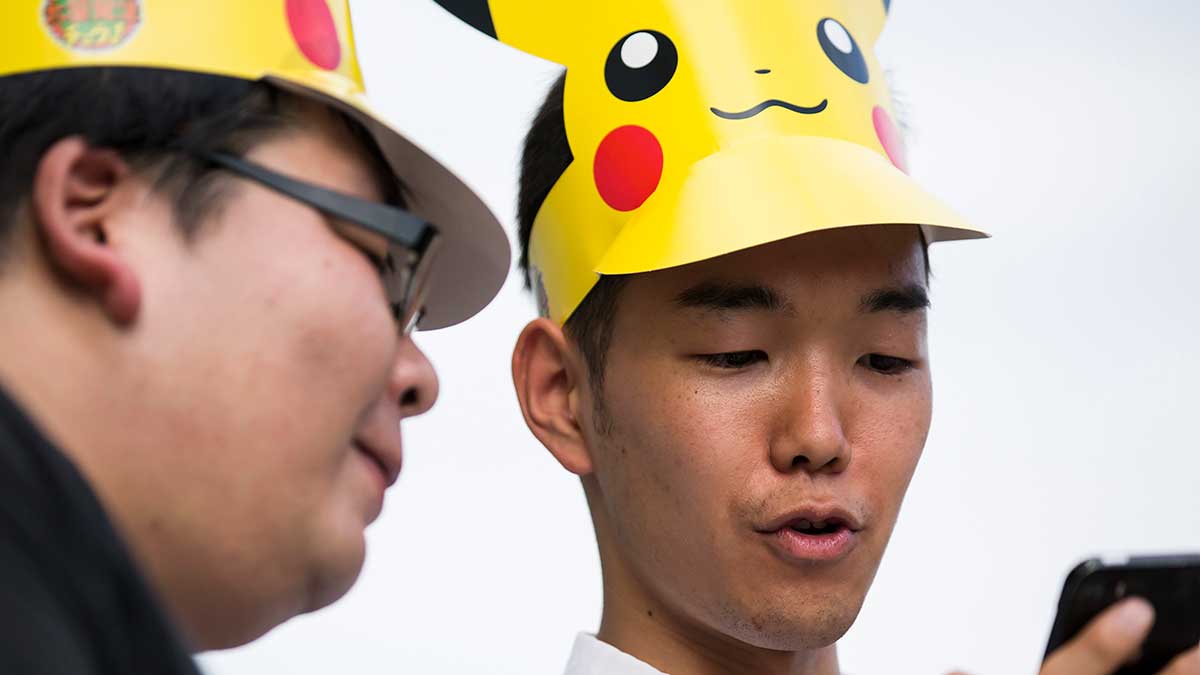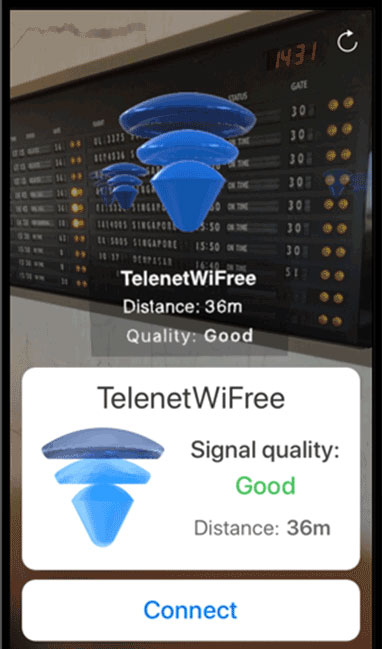Norwood launches public trial of augmented reality WiFi app

Pikachu! ... Norwood hopes its augmented reality wifi app will catch on like Pokemon Go. Picture: Getty
Junior telco Norwood Systems has opened its augmented reality wifi service, World Wi-Fi, to a limited public trial for the first time.
The service will eventually allow access to more than 40 million access points globally and allows users to find their closest portal through an augmented reality map accessed via smartphone.
Augmented Reality (AR) is a technology that overlays information and graphics over real-world scenes viewed through a smartphone.
AR is best known for the Nintendo game Pokemon Go which turned public places upside down last year as crowds of gamers hunted virtual creatures in parks and streets.
Norwood is using the same technology to display icons indicating the distance and quality of nearby wifi hotspots.
Perth-based Norwood (ASX:NOR) opened its beta test (a trial allowing a small number of public users to test a product before official launch) to users around the globe, but the announcement had little impact on the market. Its shares were steady at 1.7c on Friday.
“The purpose of this beta test program is to identify and correct any last-minute issues prior to the full release of World Wi-Fi,” NOrwood told the market.
“This will be the first large-scale consumer test of World Wi-Fi for iOS and the company is excited to see the initial consumer reaction to the service.”

Norwood’s augmented reality wifi hotspot finder. Source: Norwood
The $19 million company has been developing the technology since its first listed in 2015.
Access to the World Wi-Fi service will be provided on a subscription basis, with a monthly cost of $5 to $10 per user for basic access.
“We have developed what we believe to be the most beautiful, easy-to-use and secure Wi-Fi access app in the market today, leveraging our company’s now considerable competency in building high-quality apps that delight our users and work as advertised,” founder Paul Ostergaard said.
“World Wi-Fi automatically locks down every single connection, local laws permitting, using our own encrypted VPN tunnels and our own globally distributed VPN termination infrastructure to prevent snooping or other attacks, whilst preserving data throughput performance.”
Norwood reported a loss of $6.7 million last year on revenue of $204,000.
UNLOCK INSIGHTS
Discover the untold stories of emerging ASX stocks.
Daily news and expert analysis, it's free to subscribe.
By proceeding, you confirm you understand that we handle personal information in accordance with our Privacy Policy.








